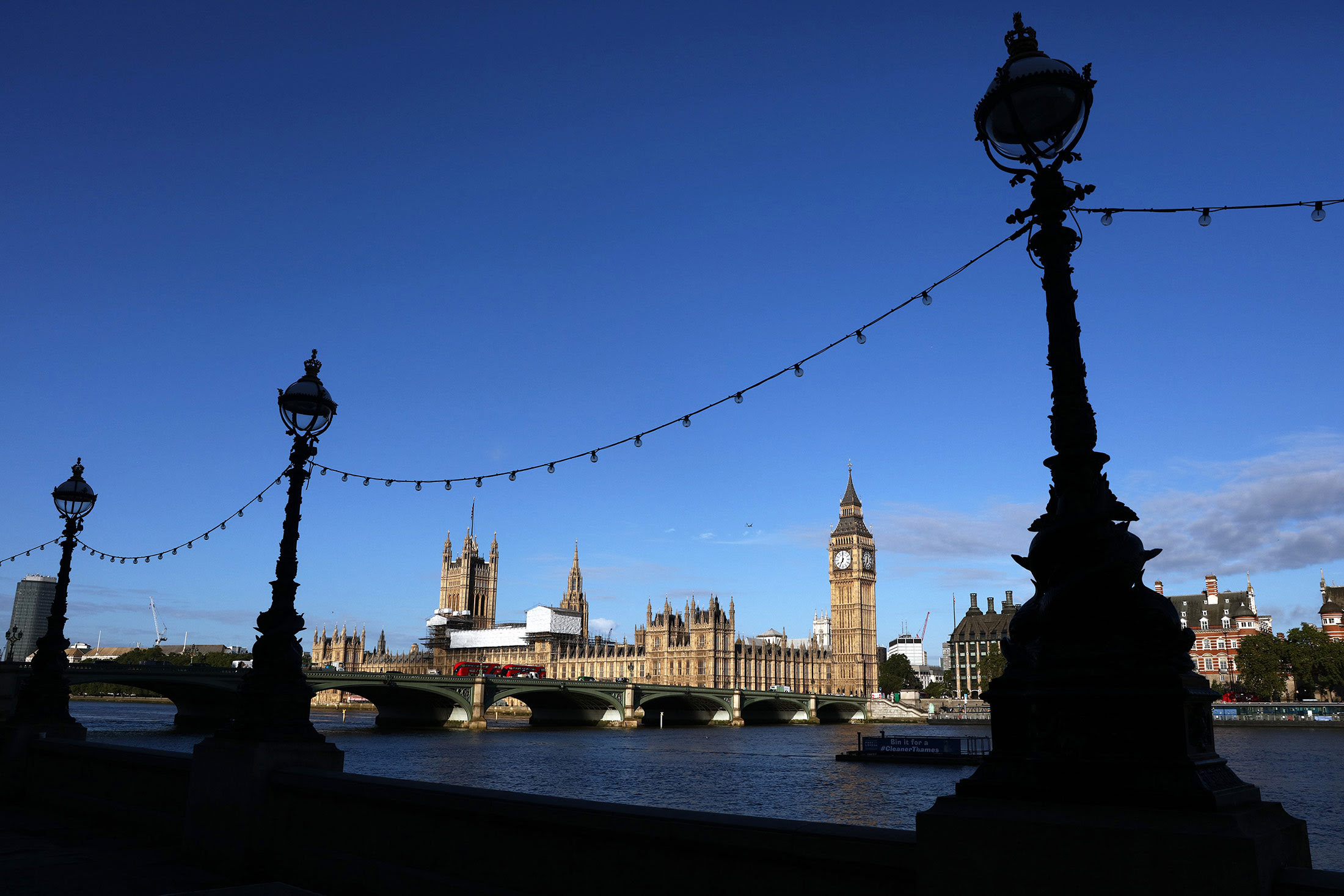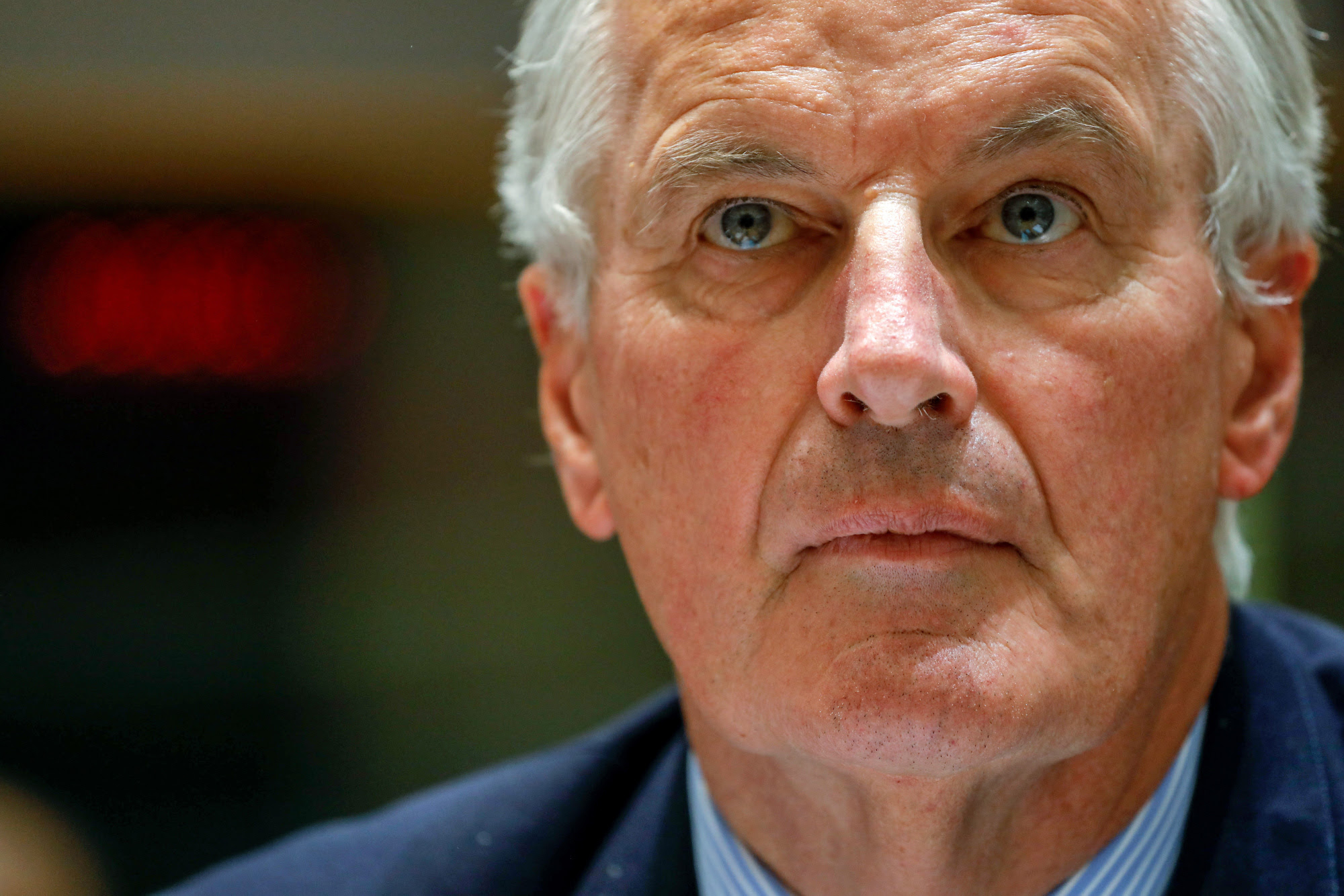Tricky Trump trade deal
Not so fast.
That’s the message from trade analysts and business leaders after President Donald Trump last week pledged U.K. Prime Minister Theresa May that she could secure a trade deal with the U.S. “very, very quickly.”

As Jill Ward and Charlotte Ryan report on Tuesday, America boasts more leverage and negotiating know-how than Britain, meaning the smaller economy may have to give ground in areas such as financial regulation and food standards to land the pact May wants to prove Brexit was worth it.
“The U.K. must be absolutely desperate to demonstrate that it’s able to get something from the United States,” said Peter Holmes, an economist at the Trade Policy Observatory. “The U.S. will make demands that even a desperate British government won’t be able to accede to.”
Before talks have even started, the first disagreement has emerged: both sides claim to export more than they import from the other. Britain’s statistics office estimates a surplus £37 billion ($47.6 billion) a year as of 2015, while the U.S. Bureau of Economic Analysis calculates a surplus of $11.9 billion.
 Gregor Irwin, chief economist at Global Counsel, nevertheless identified the U.S. as one of the U.K.’s prime targets for striking a deal. The total value of U.S. imports expanded faster than those of other major economies between 2010 and 2015 and although the U.S. has modest average tariff barriers with the U.K., the scale of trade means they are still significant.
Gregor Irwin, chief economist at Global Counsel, nevertheless identified the U.S. as one of the U.K.’s prime targets for striking a deal. The total value of U.S. imports expanded faster than those of other major economies between 2010 and 2015 and although the U.S. has modest average tariff barriers with the U.K., the scale of trade means they are still significant.
Australian Prime Minister Malcolm Turnbull said in London on Monday his country is “very keen” for a trade deal too.
Signs of Softening?
One of May’s red lines may be blurring.
Having once pledged to end the European Court of Justice’s role in British law, May’s office on Monday said its rulings may continue to apply for a “limited” interim period after Brexit.
That’s the latest sign that the U.K. is willing to compromise in order to smooth its passage out of the EU.
May on Tuesday will use the publication of a review of employment practices to restate her mission to tackle “injustice and vested interests.” On Monday, she was forced to suspend one of her lawmakers for making a racist remark while discussing the prospect of a no-deal Brexit.
Banks En Marche?
EY on Monday reported 59 financial services companies of the 222 it monitors say they are moving staff and operations out of the U.K. or reviewing their domicile as Brexit nears. Nineteen favor Ireland and 18 Germany.
France isn’t giving up without a fight. Leaders of big European and global banks including JPMorgan Chase Chief Executive Officer Jamie Dimon and HSBC’s Stuart Gulliver are meeting in the French capital on Tuesday for the annual forum organized by Paris Europlace, its main financial lobby group.
Prime Minister Edouard Philippe, who last week announced three finance-friendly initiatives, will give the keynote speech in an attempt to win business from London.
Banks may not need to move though. Lawyer Barnabas Reynolds of Shearman & Sterling on Monday outlined a “win-win” Brexit proposal, based on enhancing equivalence in which banks in one country can access the EU so long as they face similar regulatory structures.
Reynolds argued in the report for Politeia that the EU should sign up to such a plan because its companies will want to keep using London’s markets after Brexit and also want to avoid the cost of opening satellite offices. Failure to do so would mean the U.K. could adopt a low tax, regulation-light business model, he said.
Our updated Quicktake Q&A reviews the exodus of banks.
Brexit in Brief
- U.K. banks and life insurers are less optimistic in their outlook because of uncertainty over Brexit, the Confederation of British Industry said. Sentiment about the overall business situation fell in the three months to June, for the fifth time in the last six quarters, according to the study of 94 firms by the industry lobby group and auditor PricewaterhouseCoopers. However, the companies also reported rising profitability and employment numbers
- The U.K. should stay in the Eurotom nuclear body after Brexit despite May saying Britain will leave, the Labour Party said
- Carillion, the construction specialist, lost market value on Monday, exposing the reality of Brexit, according to Bloomberg Gadfly
- Lawmakers including Chuka Umunna of Labour and Anna Soubry of the Conservatives establish a new parliamentary group on EU relations
- Merger and acquisition activity between the U.K. and the rest of Europe was double the value of last year in the first half of 2017, according to Deloitte
- Barclaycard says consumer growth slowed to a 15-month low in June.
And Finally…
British diplomats are brushing over a century of conflict and one attempted invasion as they seek to bolster ties with Spain in the midst of the Brexit negotiations.

The U.K. Foreign Office is vaunting “500 years of partnership” with “some of Britain’s oldest friends” ahead of King Felipe VI’s state visit, which begins on Wednesday. That reading skips over a few details along the way, such as the time Spain sent its Armada to conquer Britain and the sporadic wars of the 18th century, not to mention the dispute over Gibraltar that’s been simmering for more than 300 years.
“In terms of shared friendship, 500 years looks wrong,” said Giles Tremlett, a Spain-based historian and journalist. “But 300 years is about right.”



Comentarios
Publicar un comentario